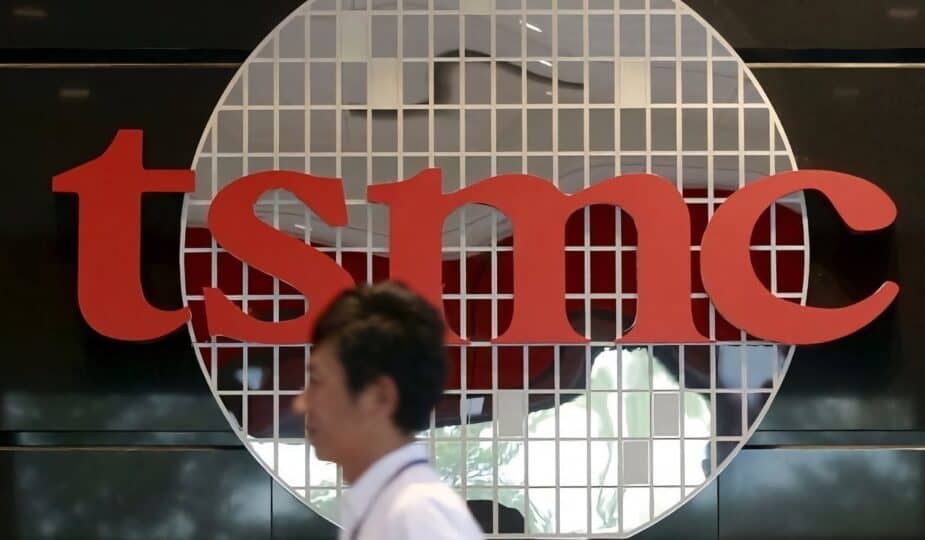TSMC factory sign – Image courtesy of TSMC
 1 Facebook x.com Reddit
1 Facebook x.com Reddit
Apple chipmaker TSMC is finding it increasingly difficult to remain neutral as tensions between China and the United States continue to escalate.
Taiwan Semiconductor Manufacturing Co (TSMC) makes the chips that power Apple’s iPhones, iPads, and Macs. Apple has been its top customer since 2014, when it began making the A8 chip for the iPhone 6 and iPhone 6 Plus.
But TSMC’s relationships with U.S. companies have become strained in recent years. In October, the U.S. Commerce Department launched an investigation into TSMC’s possible sanctions violations.
The sanctions under consideration include a block imposed in 2020 that was intended to prevent Huawei from sourcing components from U.S. companies without prior approval. The United States imposed additional controls in 2022 that severely restrict any exports of AI chips to China.
TSMC, for its part, would prefer to remain neutral, serving as “the semiconductor version of Switzerland,” as a TSMC executive told The Information. Unfortunately for TSMC, that’s becoming increasingly difficult.
It is possible that TSMC contracted with a middleman firm that hid Huawei as a client. The client attempted to order a chip with a design similar to the Ascend 910B, a processor designed by Huawei. Notably, the chip was designed to train large language models, an important process in AI manufacturing.
As a result, TSMC spent weeks conducting an internal investigation of its Chinese customer base in an attempt to identify any suspicious orders. The company stopped supplying customers with questionable chip orders and even went so far as to destroy all suspect wafers.
However, TSMC is also concerned that its relationship with China could sour. After all, it has two factories in China that make chips for numerous customers in the region. If the Chinese government were to intervene, it would likely have long-term consequences for both TSMC’s profits and the entire semiconductor industry.
When asked by Chinese officials about the U.S. investigation, TSMC told them that the U.S. makes the decisions, sources told The Information. However, the company assured China that it would only do what U.S. regulators demand and nothing more.
Ultimately, since 65% of its revenue comes from U.S. customers, namely Apple and Nvidia, TSMC’s hands are tied. The company hopes to avoid large fines by proving how difficult it is to identify suspicious customers, while demonstrating its commitment to the U.S. by cooperating with all investigations.
It’s possible that cooperation could lead to some leniency from the Commerce Department.
“The level of cooperation between a company and BIS, if a company is suspected of violating, can have a significant impact on what kind of penalty it gets, or whether it gets punished at all,” Jacob Feldgeuse, a data scientist at Georgetown University’s Center for Security and Emerging Technology, told The Information.
Follow AppleInsider on Google News









